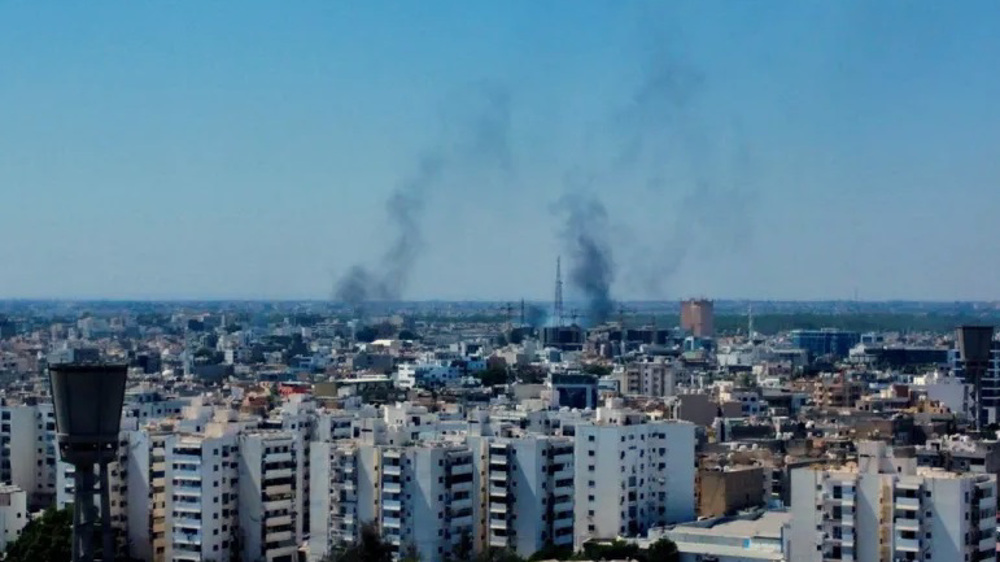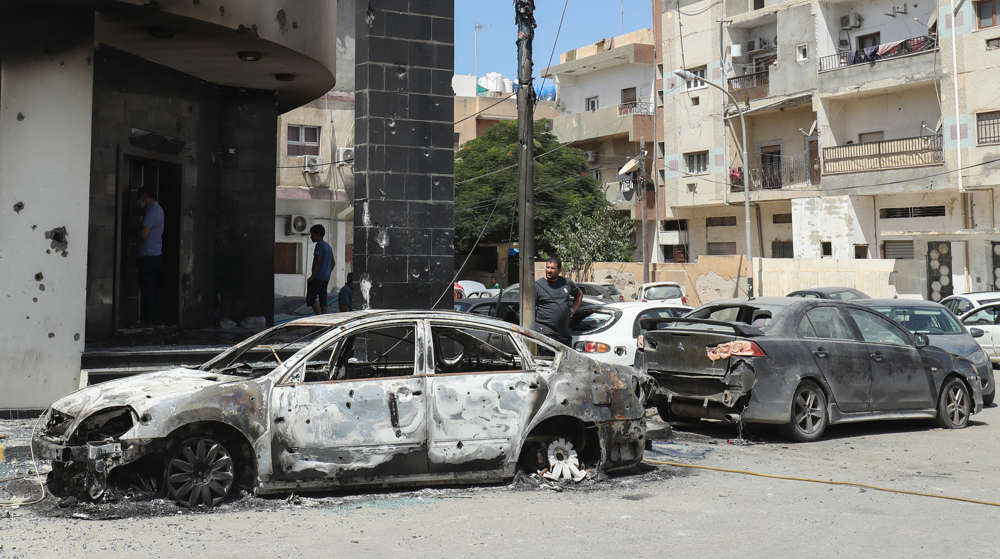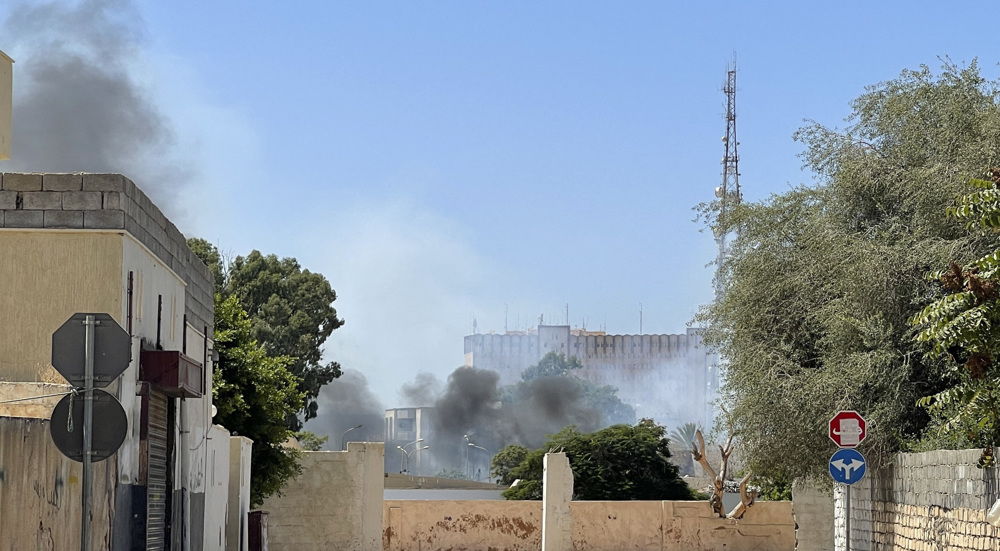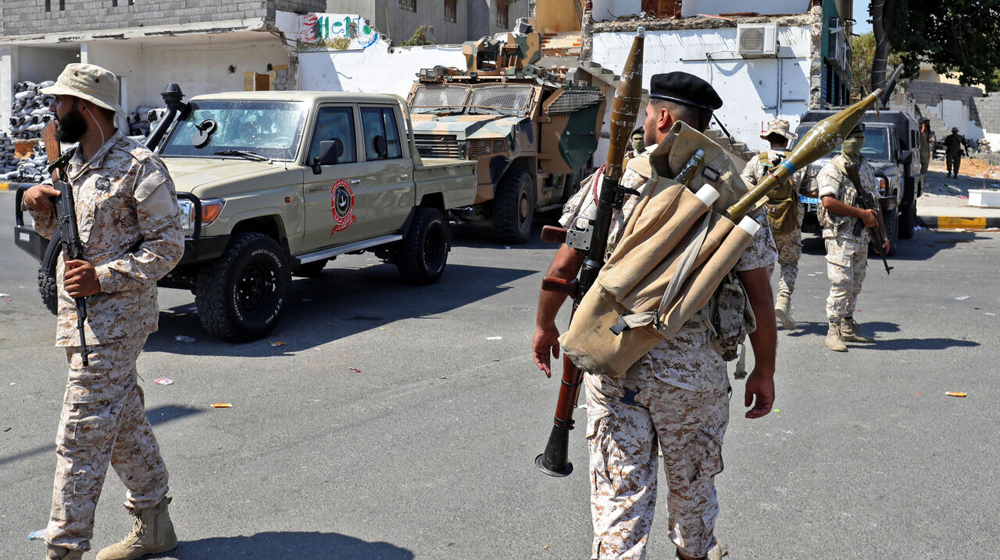UN calls for elections in Libya, warns of potential for violence
The United Nations has voiced concern about Libya's security situation, stressing that elections are the only way to break the current impasse in the North African country.
UN Under-Secretary-General for Political and Peacebuilding Affairs Rosemary DiCarlo made the remarks at the UN Security Council on Tuesday, saying there was potential for new violence in Libya, following recent deadly clashes between the supporters of rival governments in the country's capital, Tripoli, which left at least 32 people dead.
"I am deeply concerned that the ongoing stalemate and continued delays in implementing the electoral process pose a growing threat to security in and around Tripoli, and potentially to all Libyans," she said. "That threat materialized a few days ago."
Heavy gunfire and shelling broke out last week in several neighborhoods across Tripoli. The confrontation took place between the supporters of the government of Abdulhamid Dbeibah, which is headquartered in the city, and the rival administration of former interior minister Fathi Bashagha, which is based in the country's east.
The two sides traded blame for the violence leading to the bloodletting.
The UN' Libya mission called for "an immediate cessation of hostilities," citing "ongoing armed clashes including indiscriminate medium and heavy shelling in civilian-populated neighborhoods."
DiCarlo said that the clashes "appeared to be another attempt of pro-Bashagha forces to enter the capital from the east," but explained that those efforts were blocked by pro-Dbeibah forces.
"The situation remained tense and fluid," she said.
"A fragile calm has since prevailed in Tripoli; it is unclear how long it will last," DiCarlo said, warning of the potential for "retaliatory attacks by both sides" and possible arrests to re-ignite tensions.
She called on both parties to reach an agreement on a constitutional framework and a timeline for long-awaited elections that have been deadlocked since last December.
The North African country has been beset by violence and chaos since the overthrow and killing of its long-time ruler Muammar Gaddafi following a bombing campaign by the United States-led NATO in 2011. Chaos and factional divisions then escalated into a regional proxy war fueled by foreign powers, which poured weapons and mercenaries into the country.
Eight Palestinians killed as Israel attacks Gaza school, hospitals
VIDEO | Rome, Milan host new protests in solidarity with Palestinians
Dec. 21: ‘Axis of Resistance’ operations against Israeli occupation
Spain jurists demand ties with Israel ties be cut
VIDEO | Press TV's news headlines
VIDEO | Iran honors top Science Olympiad medalists
VIDEO | Austrians arrested at Gaza protest in Vienna
10 killed in bus crash in western Iran













 This makes it easy to access the Press TV website
This makes it easy to access the Press TV website